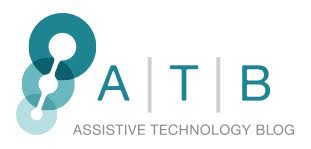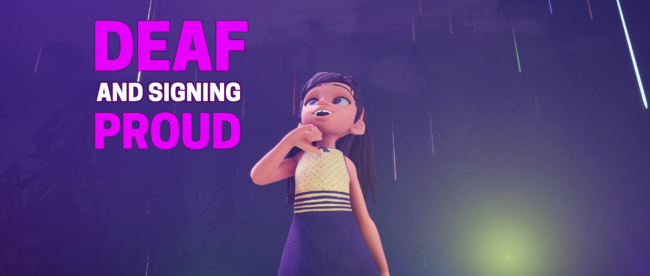Harmonium: A Groundbreaking Sign Language Adventure Game by The Odd Gentlemen, Blending Music, Narrative, and Accessibility for All Ages
“Harmonium” is an innovative sign language adventure and music game centered around Melody Macato, a 10-year-old Filipina-American girl who is Deaf. In the game, Melody aspires to create a unique type of music that is accessible to her friends, combining visual and tactile elements. The plot thickens when Melody enters a magical realm called Harmonium. Here, she must create a symphony to defeat the antagonist, Cacophony, and return in time for her debut show. The game stands out for its emphasis on American Sign Language, allowing players to interact using body language and hand gestures, thereby making the gaming experience inclusive and educational.
Harmonium is a collaborative effort involving professionals from the Deaf Community, animators, and The Odd Gentlemen, a renowned narrative game studio. This partnership has been instrumental in crafting a game that authentically represents the Deaf experience. Throughout its development, the game has evolved significantly, focusing on portraying Melody’s story with authenticity. The game is designed to be universally appealing, featuring a heartwarming story and innovative gameplay that encourages players to discover Melody’s ‘painted symphony’—a metaphor for her unique musical expression.
The game boasts several unique features. It integrates sign language and non-verbal communication into its gameplay and puzzles, making it accessible without requiring prior sign language knowledge. The game is designed with accessibility at its core, including visual music representation, animated subtitles, and high-contrast modes. Interactive musical numbers and narrative experiences are part of the game, making it appealing to all ages. The Odd Gentlemen, the studio behind Harmonium, is known for its commitment to inclusivity and accessibility in gaming. They have a history of creating games with universal appeal and have integrated accessibility into their development process, aiming to broaden the player base and innovate in game design.
Takeaways for Game Developers
Other game developers can learn several valuable lessons from Harmonium:
1. Inclusivity in Game Design: By integrating American Sign Language and other non-verbal communication methods, Harmonium demonstrates how games can be designed inclusively. This approach not only caters to Deaf and hard-of-hearing players but also enriches the gaming experience for all players.
2. Accessibility as a Core Feature: Harmonium showcases the importance of embedding accessibility features from the start of the game design process. Features like visual representations of music, animated subtitles, and customizable controls highlight how accessibility can be seamlessly integrated into gameplay without compromising the game’s aesthetic or narrative quality.
3. Collaboration with Diverse Communities: The collaboration with professionals from the Deaf Community in developing Harmonium is a testament to the value of involving diverse perspectives. This ensures authenticity in representation and can lead to innovative gameplay mechanics and storytelling.
4. Innovative Gameplay Mechanics: The use of sign language and body language as gameplay mechanics in “Harmonium” opens up new possibilities for interactive storytelling. This innovation can inspire other developers to explore unique ways of player interaction beyond traditional controls and dialogue options.
5. Positive Messaging and Social Impact: The Odd Gentlemen’s focus on positive messaging and games with social impact sets an example for how the gaming industry can contribute positively to societal issues and foster empathy and understanding among players.
By embracing these principles, other game developers can create more inclusive, engaging, and innovative games that appeal to a diverse range of players.
This blog was written mostly using chatGPT, a potential tool for increased accessibility. Do you think this is an appropriate use of chatGPT? Why or why not? Let me know!


While I appreciate the publisher’s honesty in admitting that most of this piece was written by ChatGPT I think that this is unnecessary and extremely lazy. It’s easy enough to compose a summary of this game without the assistance of an AI tool. I don’t mind seeing an LLM being used as a writing aid but using it to compose blog posts is a bad idea and I’m now considering no longer using this Web site as a source for keeping up with the assistive technology field.
Hi David,
Thank you for your comment. I use ChatGPT to summarize content from one or multiple sources, create first drafts, and generate related ideas. I work meticulously to make sure there is no made up information from LLMs in the blog post. I certainly don’t use it to generate blog posts from scratch with no sources or citations.